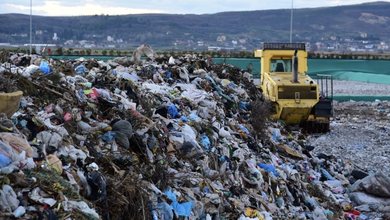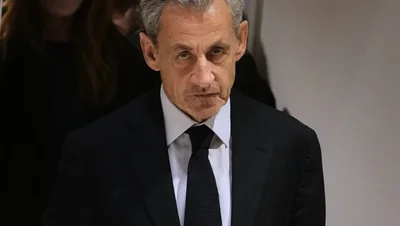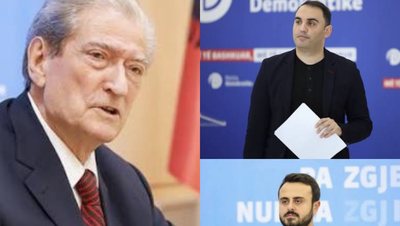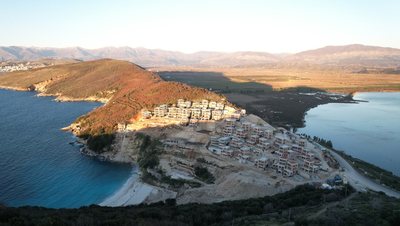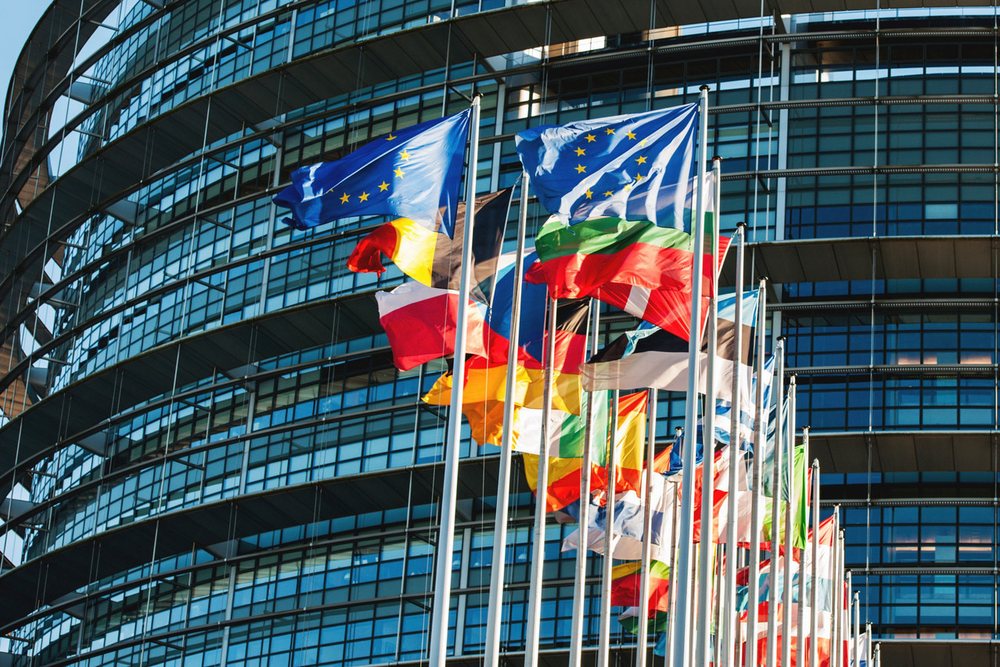
A delegation from the Committee on Budgetary Control, led by Chairman Niclas Herbst, has completed a mission to Montenegro and Albania, examining existing measures for the protection of EU funds.
According to the official announcement, MEPs assessed the establishment and initial functioning of the new control and audit mechanisms created within the framework of the Reform and Growth Facility for the Western Balkans (RGF), which aims to guarantee the sound financial management of EU funds.
Mr. Herbst emphasized, among other things, that serious concerns still remain about how the RGF funds will be used.
Challenges include entrenched corruption, organized crime, procurement risks with chronic delays in infrastructure, oversight bodies facing political pressure, weak judicial prosecution with overburdened courts, marginalization of civil society, past misuse of funds in Albania, and Montenegro's overreliance on tourism and real estate.
After the visit, Mr. Herbst said: “The RGF is a historic opportunity for the Western Balkans, but its success depends on credibility and strong governance.
During missions to Montenegro and Albania, we assessed whether the foundations for sound financial management, independent auditing and a zero-tolerance approach to fraud and corruption are in place.
Montenegro remains a forerunner, however both countries have made progress in aligning their legal and institutional frameworks with EU standards, particularly in the rule of law, the fight against organised crime, asset recovery and confiscation, and the fight against money laundering.
Discussions with the ministries of finance and RGF coordinators confirmed that mechanisms for internal control and audit are in place and functioning.
He added that the road from adopting EU rules to building a culture of accountability is long.
“We are confident that in the next two to three years, Montenegro and Albania will show tangible results by dedicating resources to implementation, ensuring judicial and audit independence, and enabling civil society participation.
The European Parliament will closely monitor the implementation, as the credibility of the EU enlargement process itself is at stake."/Monitor









